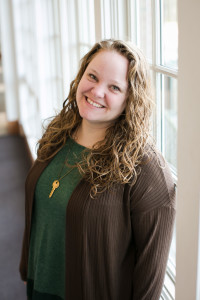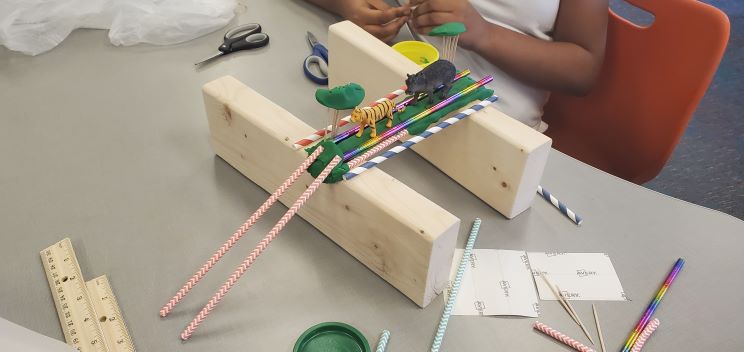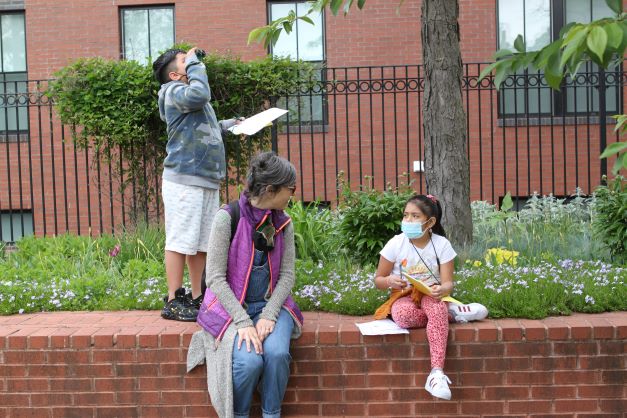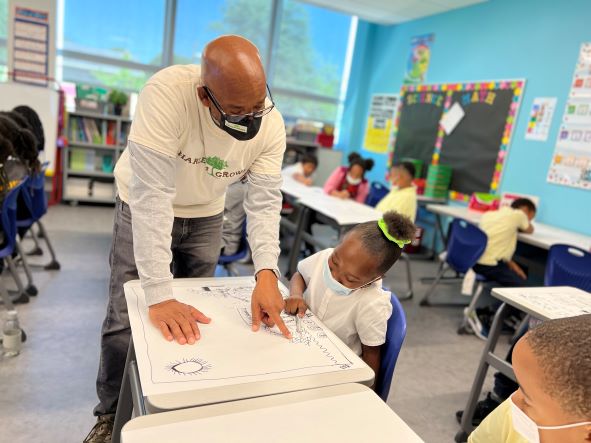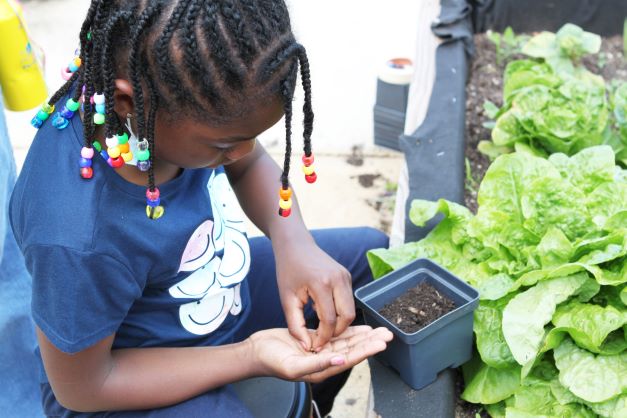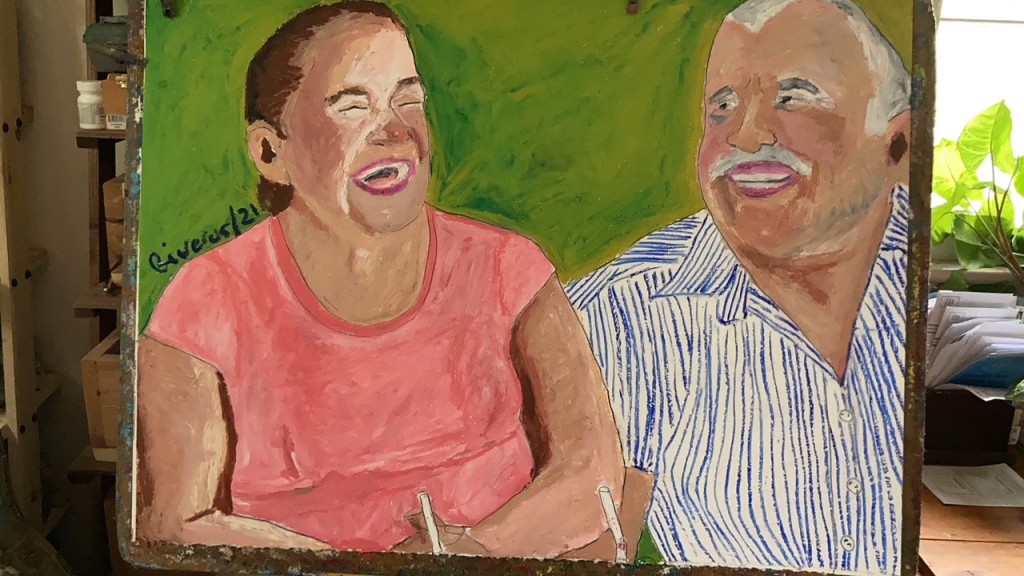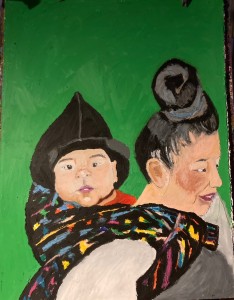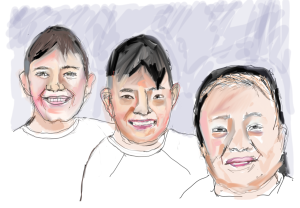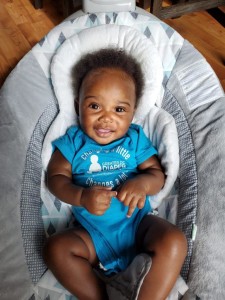Rock Recovery: Bodily Trust is a Two-Way Street
Rock Recovery works to bridge gaps in resources for eating disorder treatment and education by removing the barriers of stigma, cost, and accessibility and by connecting people to clinical community and quality care. The Catalogue for Philanthropy recently had a chance to interview Heather Clark, their new Clinical Director, about her work and why it’s so important to make peace with food and our bodies.
Catalogue: What led you to become a counselor and Clinical Director with Rock Recovery?
Heather: My path into the counseling field was very circuitous. I’ve always found psychology fascinating, and I’m very people-oriented, so counseling turned out to be a good fit for me. I’m also over 15 years into recovery from my own eating disorder, so I have always gravitated toward working with clients struggling with food and body issues.
I did my clinical internship at an eating disorder treatment center. I loved working as a part of a team and have been waiting for the right opportunity to get back into a team setting ever since then. When I saw this opportunity at Rock Recovery, I was very excited because it feels like such a good match with my values. I’ve been acquainted with Rock Recovery since I started in private practice six years ago and I have loved their mission to increase access to eating disorders care.
I really appreciate how their therapy groups fill a real gap in outpatient care for disordered eating. I also find Rock’s nationwide faith-based support groups to be such a unique and powerful offering. And, on top of all this, they operate from a weight-inclusive, Health At Every Size® stance, which is a top priority for me. So, it was a perfect fit.
The Health At Every Size® Principles and framework are a continuously evolving alternative to a weight-centered approach and promote health equity, support ending weight discrimination, and improve access to quality healthcare regardless of size.
Catalogue: How would you describe your philosophy and approach to your work?
Heather: My approach is weight-inclusive, trauma-informed, and strengths-based. I understand healing food and body issues to be a rebuilding of trust between the self and the body. It’s a two-way street – the body learns that you are trustworthy to care for it, and you learn that you can trust your body to always give 100% for you, and to manage your energy storage (weight) without your interference. I value Health At Every Size®, body diversity, and food freedom. I also emphasize the acceptance of emotions, self-compassion, assertiveness, and building shame resilience.
Catalogue: What is something you aren’t often asked about your work that you’d like to share?
Heather: Eating disorders are the second most deadly mental health condition, second only to opioid use disorder. This is really serious, and I wish that parents, educators, and policymakers would recognize this, seek out education about prevention, and enact change.
In fact, kids are 242 times more likely to develop an eating disorder than Type 2 diabetes, based on the CDC’s numbers on the incidence of these two conditions. And yet, when we hear people sounding the alarm about the health of our kids, it’s centered around weight suppression (during a time when kids should be gaining weight, not less) and avoiding certain foods.
Catalogue: What is a challenge you’re facing in your work with Rock Recovery and how are you dealing with it?
Heather: I think the evergreen answer to this question among nonprofit organizations is funding, right? Besides that, I think a lot of therapists right now are either maxed out or over-worked, and I think our team is no exception. The need is so great, but there are only so many hours in the day, and we all have families and personal lives of our own to juggle, as well.
Catalogue: What about your work with Rock Recovery excites you or gives you hope?
Heather: I get excited about seeing more and more people gain increasing levels of freedom in their recovery. For so many, lack of access to care is a real barrier to this freedom. Rock Recovery is working to change that.
Rock Recovery never wants finances to be a barrier to accessing the care people need and deserve. We offer all our services – from therapy groups, to individual therapy, to nationwide faith-based support groups – on a sliding scale, which means that we adjust the fee for the service according to the person’s income. This excites me and gives me hope for the mental health field. I hope more organizations will follow a similar model in other niches within mental health care.
Catalogue: What is something about Rock Recovery’s work or impact that you’d like to celebrate?
Heather: Rock Recovery is growing rapidly and we’re expanding our Maryland services to meet the needs of the people we serve. We’re now accepting Maryland residents for individual counseling and in our Breaking Bread meal support and therapy group, which is very exciting.
Catalogue: What is coming next for Rock Recovery?
Heather: We’re very excited to start two new therapy groups in the fall to be able to serve even more adults and adolescents who need our help! We’re launching a lunch break meal support and therapy group for adults, as well as an 8-week therapy group for teens ages 14-18.
We are also hosting a continuing education event on body-positivity in youth, coming up on June 2nd, that is aimed at helping educators, doctors, and others to recalibrate their approach to health and wellness teaching in school settings to prioritize body acceptance and eating disorders prevention.
Catalogue: Finally, how can readers help support and advocate for Rock Recovery’s mission?
Heather: We’d love for readers to support our work by donating one-time or becoming a monthly donor so that more people can access the treatment they need and find freedom from disordered eating.
If you or a loved one are currently struggling or wondering if it might be time to get help, please reach out to see whether we might be a good fit for your needs and schedule an interest call on our website.
I’d (also) encourage everyone to learn more about Health At Every Size® and to promote body diversity every chance they get.

